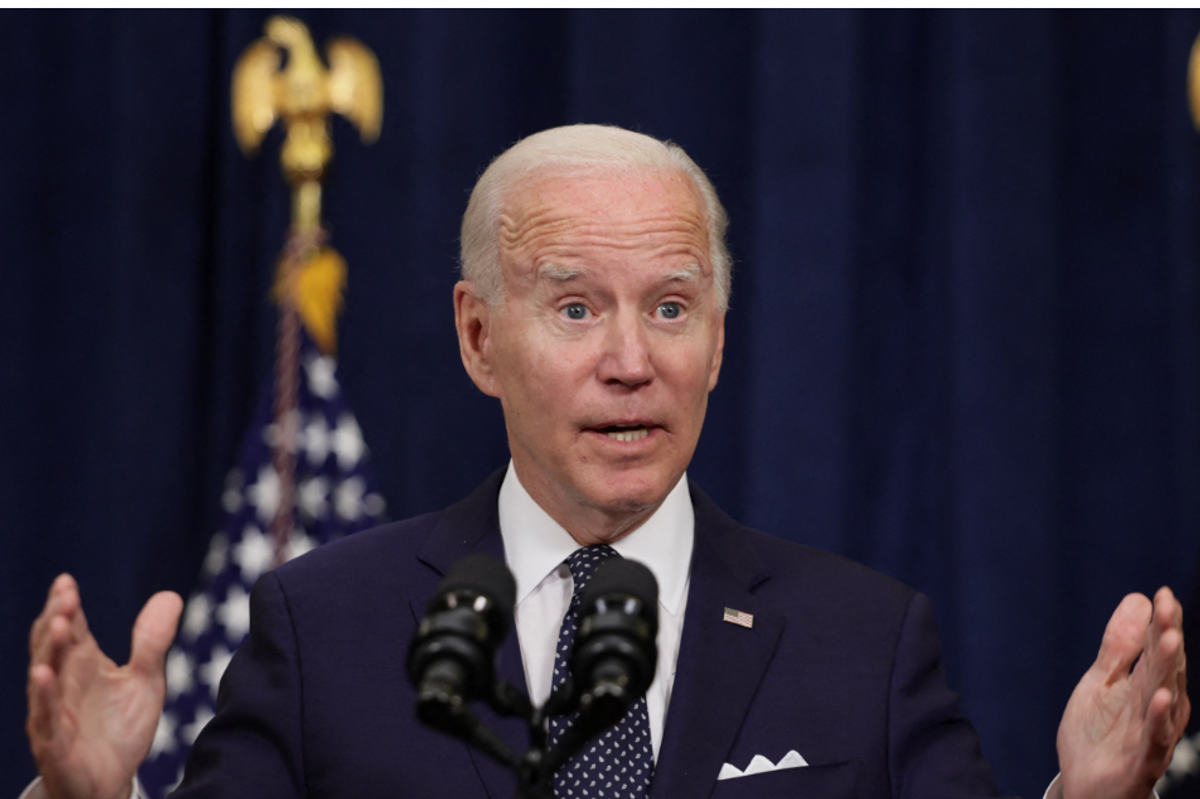
The Supreme Court heard arguments about the constitutionality of same-sex marriage for the first time in U.S. history Thursday. But much of the oral argument in Hollingsworth v. Perry was occupied with the question of whether the petitioners had the “standing” to argue in favor of California’s Proposition 8, the ballot initiative that banned gay marriage.
You can listen to the arguments here or read the transcript here.
Charles Cooper — the attorney arguing in favor of the proposition that added a provision to the state’s Constitution stating “only marriage between a man and a woman is valid or recognized in California” — was in the middle of the first sentence of his argument when Chief Justice John Roberts interrupted him to ask about the “jurisdictional and merits issues here.”
The 2010 “Republican Lawyer of the Year,” according to the Republican National Lawyers Association, Cooper argued the case on behalf of ProtectMarriage.com, the group that put the proposition on the ballot. But several of the Justices — including Anthony Kennedy, who is expected to be the key vote in this case — questioned if the group, or any group, suffered because California officials failed to enforce the initiative, which is required in order to give a petitioner “standing” in federal court.
California’s Supreme Court upheld an initial challenge to Prop 8 but decided that any same-sex couples married during the brief period of legal same-sex marriages in the state were still lawfully wed. U.S. District Court Judge Walker Vaughn then overturned the proposition in 2010. A federal court affirmed Walker’s decision — along with dismissing a challenge that he must recuse himself because he is gay — in 2012. The Supreme Court agreed to review the ruling in the case of Hollingsworth v. Perry — however, the question of who had the “standing” to argue in favor of the proposition remains controversial.
The focus on jurisdiction, along with a comment from Kennedy suggesting that a sweeping ruling would lead the Court into “uncharted waters,” has led many observers to believe that a narrow ruling that allows the federal court’s decision to stand without any broader implications may be imminent.
A total of 40 states currently do not allow same-sex marriage. The Defense of Marriage Act denies the same-sex couples who can marry the federal rights of marriage. The Supreme Court will hear a challenge to that law Wednesday.
Ted Olson — George W. Bush’s former Solicitor General, who is now representing the two same-sex couples challenging Proposition 8 — argued over and over that the Court had previously found a constitutional “right” to marry.
After the hearing, Olson said that he had “no idea” how the Court would rule.
The challenge for Cooper was to present an argument against marriage equality that wasn’t explicitly cloaked in religion. He focused on marriage as a vehicle of “responsible procreation.”
Even Justice Antonin Scalia seemed to find that argument humorous.
“I suppose we could have a questionnaire at the marriage desk when people come in to get the marriage — you know, are you fertile or are you not fertile?” he joked.
There are no bans on infertile couples marrying.
Justice Alito seemed to be cautioning against a wide ruling on equal marriage when he pointed to the difficulty of assessing an “institution which is newer than cell phones or the Internet.”
Solicitor General Donald Verrilli made one of many references to Loving v. Virginia — the Supreme Court case that struck down bans on interracial marriage — when rebutting the argument that the court might be acting too quickly.
“The argument here about caution is an argument that, well, we need to wait. We understand that. We take it seriously,” Verrilli said. “Waiting imposes real costs in the here and now, “It denies to the parents who want to marry the ability to marry, and it denies to the children, ironically, the very thing that Petitioners focus on as at the heart of the marriage relationship.”
Polls continue to show that a majority of Americans support marriage equality. A CNN poll released Tuesday shows that 56 percent want the federal government to recognize equality. Slate‘s Dave Weigel points out that gay marriage is as popular in New Jersey as Governor Chris Christie (R), who is experiencing historic highs.
A breakdown of the CNN poll shows that the main resistance to equal marriage comes from older people. A whopping 77 percent of Americans aged 18-34 want the government to recognize same-sex marriages. The issue is closely divided nearly 50-50 for those aged 35-64. But Americans over 65 oppose it 39-58.
If the Supreme Court decides to wait, it will be largely to appease those seniors.
For younger America, the issue is barely a controversy, which was reflected by The Onion‘s response to Tuesday’s argument: “Supreme Court On Gay Marriage: ‘Sure, Who Cares?‘”
AP Photo/Pablo Martinez Monsivais


